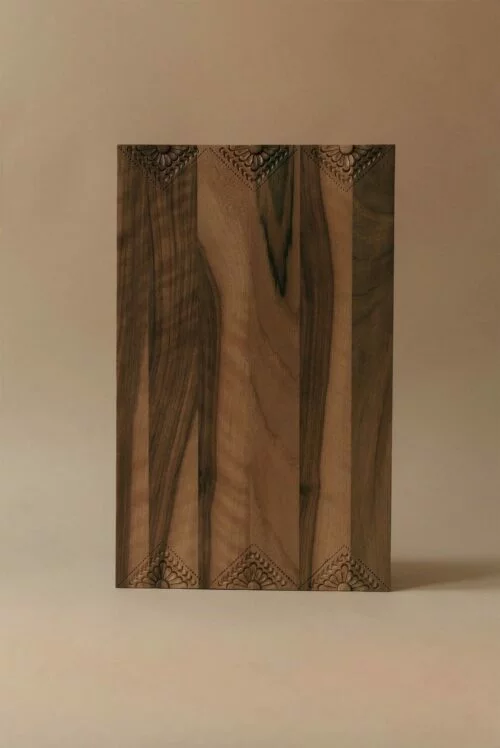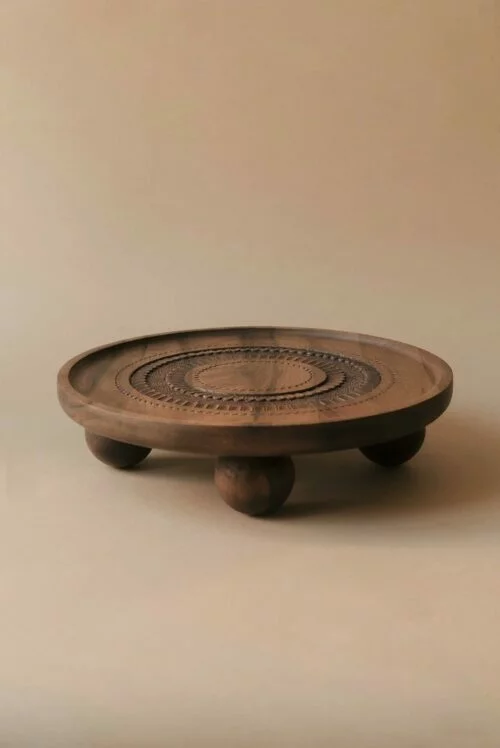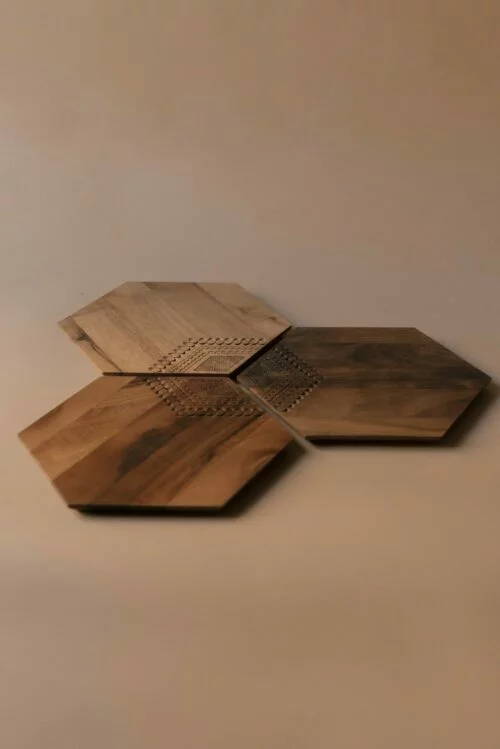The Beauty of Maple: Durability and Aesthetic Appeal
Maple wood has long been revered for its exceptional durability and exquisite aesthetic appeal. From its fascinating history to its versatile applications in home decor, this article will explore the many facets of maple and showcase why it has become a favorite choice among homeowners and designers alike.
The History of Maple in Design and Construction
Throughout history, maple wood has played a significant role in design and construction. The early uses of maple can be traced back to ancient civilizations, where it was highly valued for its strength and resilience. In North America, maple was utilized by indigenous communities for various purposes, including crafting tools and building longhouses.
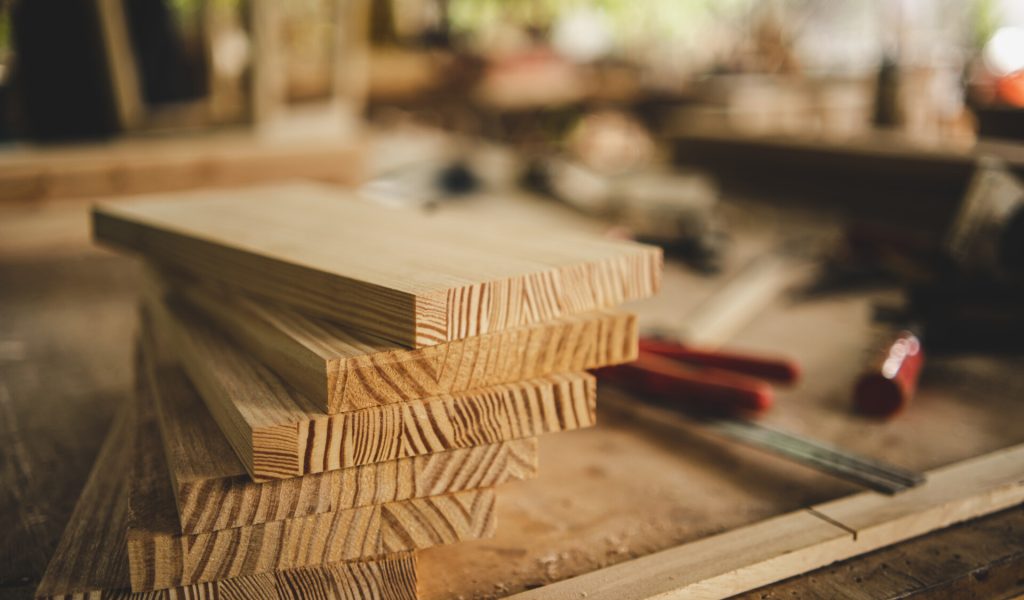
As time progressed, maple’s popularity continued to rise. It became a staple in furniture making during the Colonial era, with craftsmen recognizing its ability to endure daily use. Today, maple continues to be a sought-after material in the construction of high-quality furniture, flooring, and even musical instruments.
Maple Wood: Characteristics and Qualities
What sets maple apart from other types of wood is its distinct characteristics and qualities. Maple is known for its superior hardness, making it highly resistant to wear, dents, and scratches. This durability ensures that maple furniture and flooring retain their beauty and functionality for years to come.
In addition to its durability, maple exhibits a visually stunning appearance. Its white to medium brown color, often adorned with gentle swirling grains, adds a touch of elegance to any space. The smooth and fine texture of maple further enhances its aesthetic appeal, providing a polished and sophisticated look.
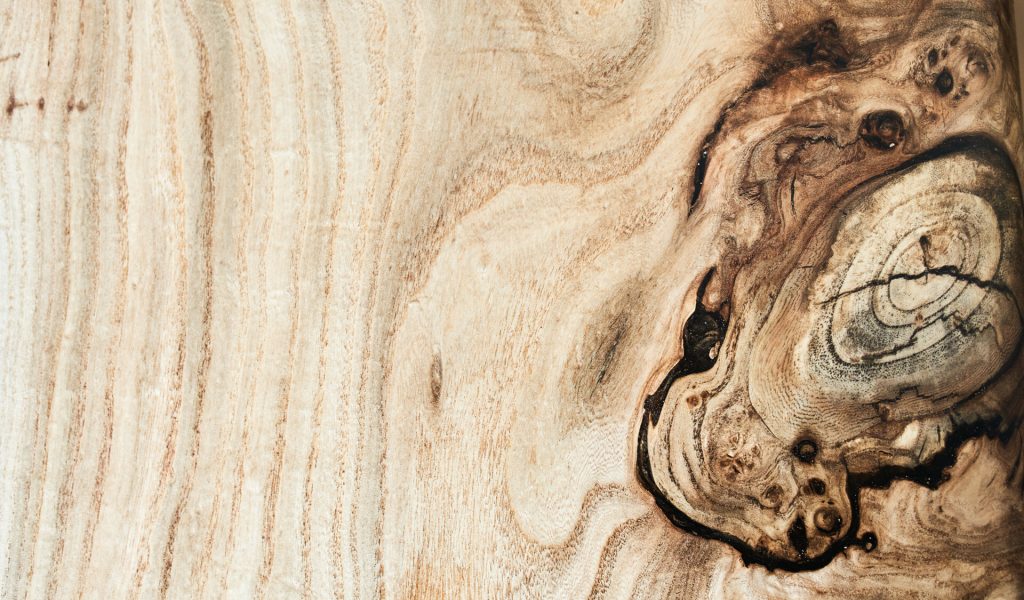
One fascinating aspect of maple wood is its versatility. Not only is it prized for its durability, but it also boasts a beautiful grain pattern that adds a touch of elegance to any piece of furniture. The light color of maple allows it to be easily stained or finished to complement various design aesthetics, making it a favorite among interior designers and architects alike.
Furthermore, maple is known for its sustainability and eco-friendliness. As a fast-growing hardwood, maple trees can be harvested in a responsible manner, ensuring a renewable source of material for future generations. This commitment to environmental stewardship has made maple a top choice for those seeking both quality and conscientiousness in their design and construction projects.
Exploring the Versatility of Maple in Home Decor
Maple’s versatility knows no bounds, making it an ideal choice for various elements of home decor. In the kitchen, maple serving trays bring warmth and richness to the space while offering durability that can withstand the demands of a busy household. In the living room, maple can be found in the form of decor for coffee tables and shelves.
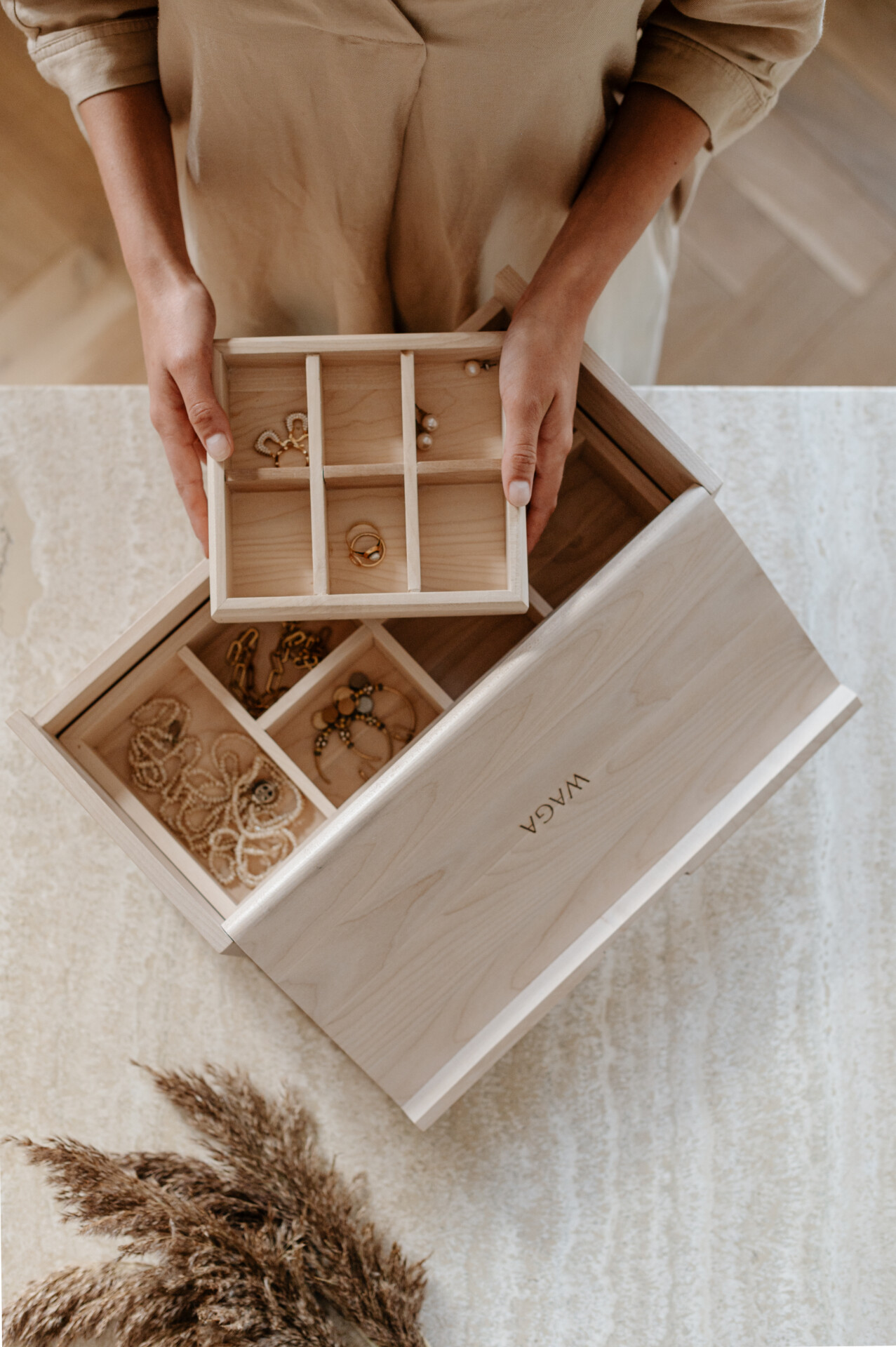
When it comes to the bedroom, maple decor can transform the space into a cozy retreat. From nightstands to dressers, the light tones of maple decor can brighten up the room and create a soothing environment for relaxation. Pairing maple furniture with soft, neutral-colored bedding can enhance the serene ambiance.
For those looking to add a touch of elegance to their home office, maple office decor provides a sophisticated and functional solution. The smooth finish of maple decor exudes professionalism while offering a durable surface for work and organization. Additionally, the natural grain patterns of maple can add a touch of character to the workspace.
Sustainable Practices in Maple Harvesting
As the importance of sustainability continues to grow, it becomes paramount to consider the practices involved in maple harvesting. Responsible forestry management ensures the future of maple trees and the ecosystems they support. Through sustainable practices such as selective cutting and reforestation, the longevity of maple forests is upheld and the environmental impact minimized.
When purchasing maple products, look for certifications such as the Forest Stewardship Council (FSC), which guarantee that the wood has been sourced from sustainably managed forests. By supporting sustainable maple harvesting, you can enjoy the beauty of this wood while contributing to the preservation of our natural resources.

Caring for Maple Products: Maintenance Tips and Tricks
Maintaining the beauty and longevity of your maple products is relatively simple with a few essential care practices. Regular dusting with a soft cloth or microfiber duster can help remove surface debris and prevent scratches. It is important to avoid using harsh chemical cleaners or abrasive materials that may damage the wood.
In areas with high humidity, it is recommended to use a humidifier or dehumidifier to maintain stable moisture levels to prevent warping or shrinking. Additionally, applying a protective coat of beeswax or specialized wood polish can help preserve the luster of the wood and protect it from stains or spills.

Another important aspect of caring for maple products is to avoid placing them in direct sunlight for prolonged periods. Sunlight can cause the wood to fade and lose its natural color over time. To prevent this, consider using curtains or blinds to block out harsh sunlight or periodically rotate the position of your maple furniture to ensure even exposure.
Furthermore, when cleaning maple products, it is advisable to use a mild soap diluted in water to gently remove dirt and grime. Avoid soaking the wood and always dry it thoroughly after cleaning to prevent water damage. For stubborn stains, a paste made of baking soda and water can be applied and gently rubbed onto the affected area before wiping it clean.
Design Inspiration: Incorporating Maple into Your Living Space
When it comes to incorporating maple into your living space, the possibilities are endless. Whether you opt for a full maple ensemble or subtle accents, maple accents can elevate the overall aesthetic of your home.
Consider integrating maple furniture pieces into your existing decor, such as a stunning dining table or a statement headboard in the bedroom. Alternatively, smaller accents like maple picture frames, shelves, or even decorative bowls can infuse a touch of character and organic beauty into any room.
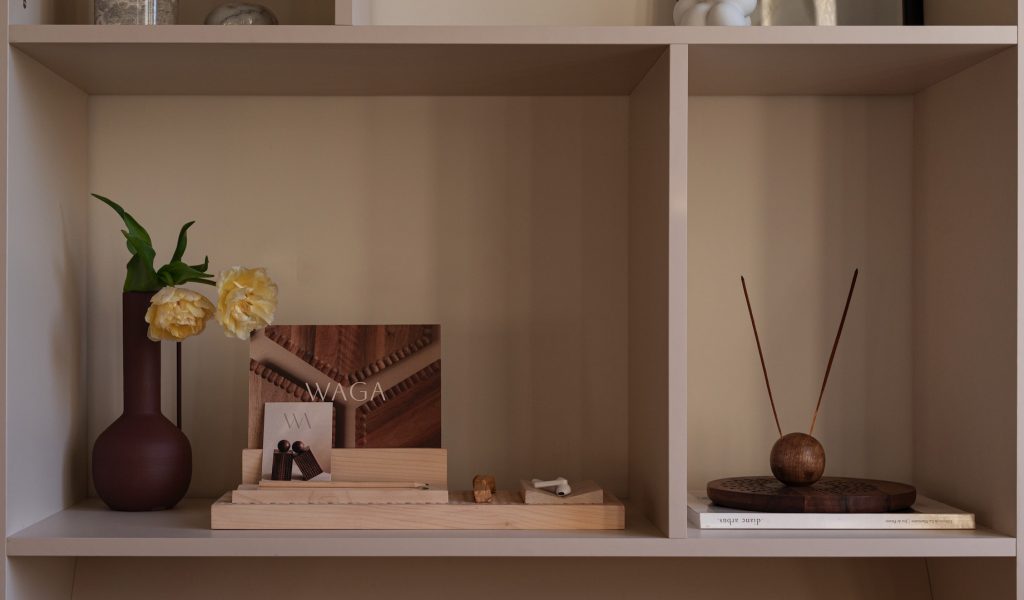
Conclusion
In conclusion, maple wood’s durability and aesthetic appeal have secured its place as a beloved material in design and construction. Its rich history, varied applications, and natural beauty make it a go-to choice for homeowners and designers seeking both elegance and longevity in their living spaces. With proper care and an eye for design, maple can effortlessly transform any room into a captivating haven.
